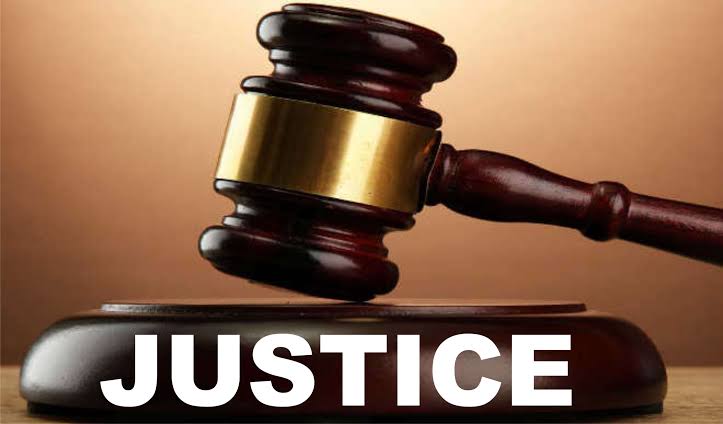By DAYO ADESULU
19 States Contest the Legality of the Economic and Financial Crimes Commission
The Supreme Court of Nigeria is poised to deliver a ruling today regarding the constitutionality of the Economic and Financial Crimes Commission (EFCC), following a lawsuit filed by 19 state governments. The outcome of this case could have significant implications for the anti-graft body and its operations across the country.
Background of the Legal Challenge
The governors involved in the suit have argued that the establishment of the EFCC did not adhere to the provisions outlined in Section 12 of the 1999 Constitution, as amended. They contend that this section requires a majority consensus from state houses of assembly before incorporating any international convention, such as the United Nations Convention against Corruption, into Nigerian law.
The plaintiffs assert that the EFCC Act, enacted in 2004, failed to meet these constitutional requirements, rendering the commission potentially illegal. The suit was initiated by Kogi State and joined by other states, including Ondo, Edo, Oyo, Ogun, Nasarawa, Kebbi, Katsina, Sokoto, Jigawa, Enugu, Benue, Anambra, Plateau, Cross River, and Niger.
Anticipation of the Supreme Court’s Decision
A seven-member panel of justices, led by Justice Uwani Abba-Aji, is set to hear the case. Both the state governments and the EFCC are eagerly awaiting the court’s judgment, which will clarify the legal standing of the anti-corruption agency.
The EFCC has expressed its dismay over the lawsuit, suggesting that those advocating for the overhaul of the commission are reacting defensively to its anti-corruption efforts. Wilson Uwujaren, the EFCC’s Director of Public Affairs, stated, “We are shocked by what is happening. Nigerians should see through this shenanigan and oppose it because I don’t see how this country can survive without the EFCC, given the kind of corruption problem that we have.”
Divided Opinions on EFCC’s Legality
The debate surrounding the EFCC’s constitutionality has drawn varied responses from legal experts and civil society leaders. Dr. Olisa Agbakoba, a former President of the Nigerian Bar Association, argues that the EFCC was unlawfully established, claiming that its formation exceeded the powers of the National Assembly. Agbakoba has communicated his concerns to the National Assembly regarding law enforcement agencies and their alignment with constitutional mandates.
Conversely, human rights activist Femi Falana has countered Agbakoba’s assertions, maintaining that the establishment of the EFCC upholds the principles of federalism. He argues that the laws that enabled the commission were enacted through proper legal channels.
Support for the EFCC’s Role
Chico Onumah, Executive Director of the Africa Center for Media Information and Literacy, supports the EFCC, asserting that it was legally established and has contributed significantly to combating corruption in Nigeria. He stated, “The EFCC I know is a legal institution, and I see nothing unconstitutional about the anti-corruption agencies.”
Additionally, Kolawole Oluwadare, Deputy Director of the Socio-Economic Rights and Accountability Project, emphasized that the functionality and constitutionality of the EFCC are not in question. He urged that the motivations behind the state governors’ lawsuit should be scrutinized, as they may aim to undermine accountability measures.
Implications for Anti-Corruption Efforts
Auwal Rafsanjani, Executive Director of the Civil Society Legislative Advocacy Centre, condemned the actions of the state governors, warning that their challenge to the EFCC threatens the fight against corruption and the autonomy of local governments. He stated that these legal maneuvers reflect a disregard for the rule of law and an attempt to undermine Nigeria’s progress in establishing accountable institutions.
As the Supreme Court prepares to rule on this pivotal case, the outcome could reshape the landscape of anti-corruption efforts in Nigeria and influence the broader relationship between state governments and federal institutions.
